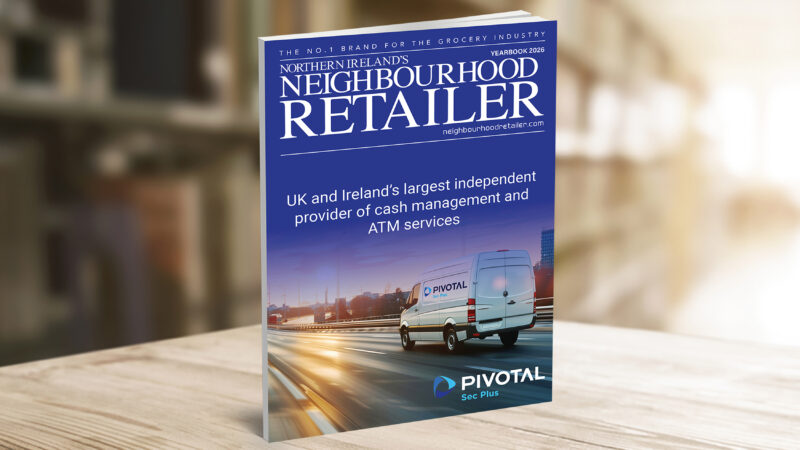Consumer sentiment now at its lowest point in 15 months

Consumer sentiment has taken another hit, with confidence down from -8 at the start of 2025 to -12 at the end of March.
The latest Consumer Sentiment Survey by PwC shows that sentiment is now at its lowest since September 2023, and the worst sentiment of the new government, with every demographic and socioeconomic group showing a decline compared with this time last year – with the exception of 25 to 34-year-olds.
PwC’s survey for Spring 2025 indicates that another quarter of falling consumer sentiment suggests things could be challenging for retail operators in the near term.
Since January, sentiment has worsened across all demographic groups, except the 25 to 34-year-olds and the most affluent. Over their last few surveys, the polarisation between the top and bottom groups had been shrinking, however this is now widening again – often an indicator of tough times.
The age group of 25 to 34-year-olds exhibited a more optimistic outlook, and this appears to be in line with recent government polices favouring working individuals, such as employee National Insurance rate cuts and more stable job prospects.
Over two-thirds (70%) of consumers are now expecting to reduce spending in the next three months, a slight increase on the previous survey, and the first time in two and a half years that there has been an increase in cutbacks compared against the most recent data.
The intention to cut back has increased across all categories, with people intending to make fewer purchases, eat out less, buy cheaper items from the same stores and go out less.
Additionally, despite falls in sentiment and an increase in immediate cutbacks, PwC observed that spending intentions haven’t changed as much, and if anything, they’re seeing a return to more expected trends for consumers looking further ahead over the next 12 months.

Non-discretionary categories have returned to the greatest priorities for consumers, followed by holidays, health, home and hobbies. When asked how they expect their spending to change over the next 12 months, 44% said they would be spending more on grocery shopping.
This is the first time in a long period that PwC have noted a quarterly decline across almost every category. While grocery may have bucked the trend, overall spending intentions are all down.
PwC added it is worth nothing that this is not a sudden downturn in anything, but part of the wider trend that everything is a little bit tighter for consumers.
“While intentions are actually quite similar compared to this time last year, we should view them in the context of things improving for almost every one of the last 10 quarters,” they said.
So, what does this mean for retail operators? The continued drop-off in sentiment will be worrying for retailers, say PwC but they stressed it’s worth remembering “that sentiment is around the long-run average and can always recover rapidly”.
“The biggest concern for retailers will be the combination of lacklustre spending intentions and another increase in planned short-term cutbacks,” they said.
“The difference between these findings and those in autumn are that, back in autumn, people were still planning to spend more money and make fewer spending cutbacks, while at the same time saying that they expected to become worse off.
“Now, people tell us they both feel less well off and also intend to spend less money as a result.”
You can read the full survey report and findings here: PwC Consumer Sentiment Survey – Spring 2025 – PwC UK






